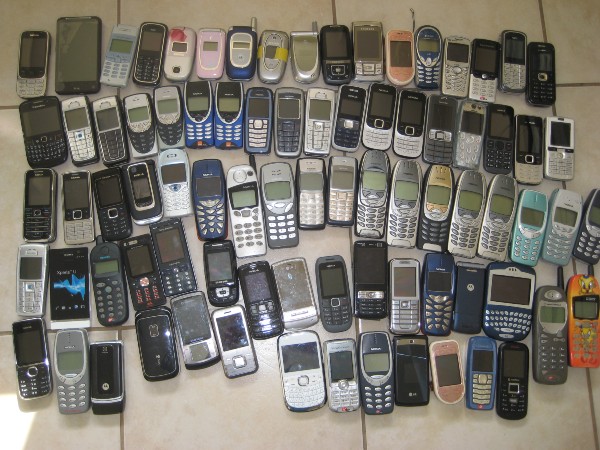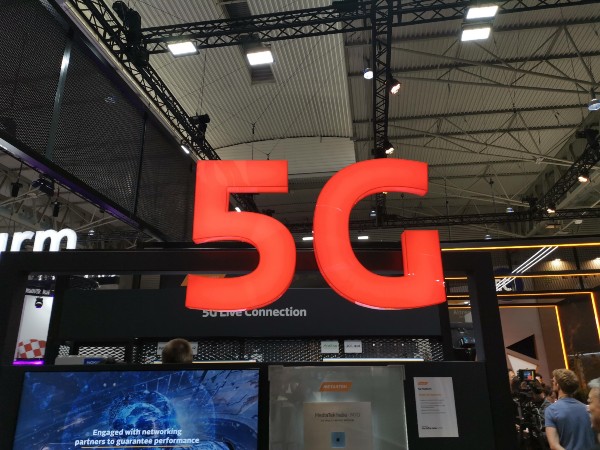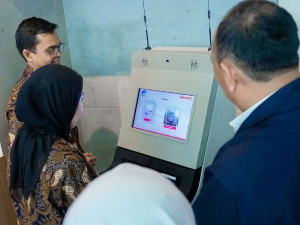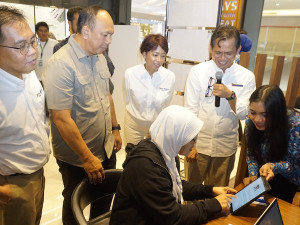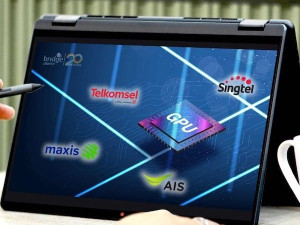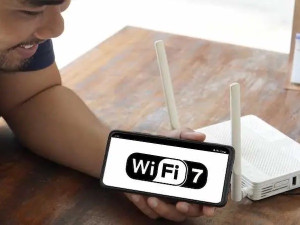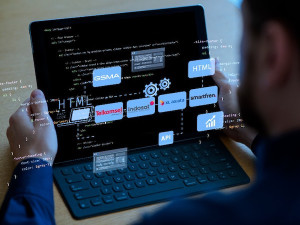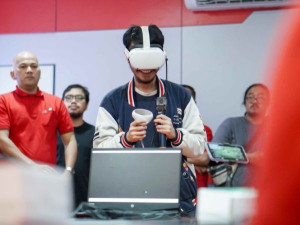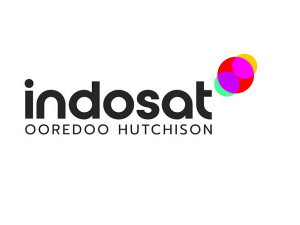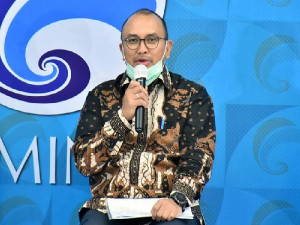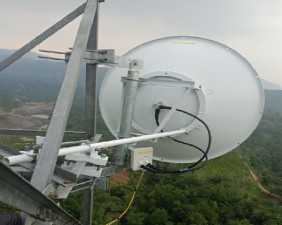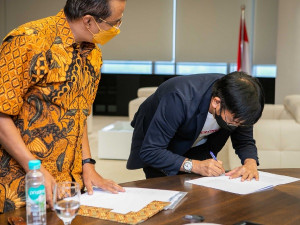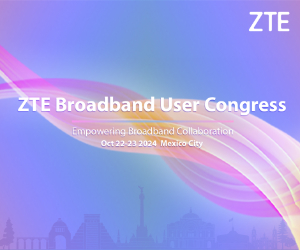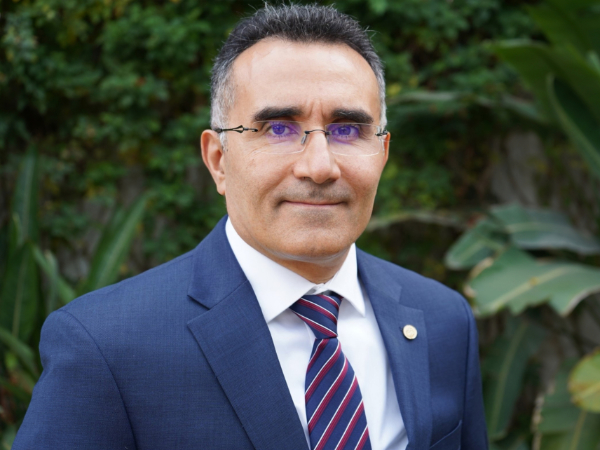Indonesian telco Telkomsel says that it has signed a MoU with Tencent Cloud and local digital infrastructure company M Cash Integrasi to explore the adoption of palm scanning technology as a biometric tool to improve customer service.
As the name suggests, palm scanner biometrics identify individual customers based on unique patterns on the palm of the hand, to include fingerprints, skin patterns and vein mapping.
Telkomsel sees this technology as a potential customer verification tool for Know Your Customer (KYC), which it says will make the KYC process “faster, more efficient, safer and more comfortable.”
Telkomsel sales director Adiwinahyu Basuki Sigit said in a statement that palm scanners are part of its “commitment to increasing customer comfort, speed and security.”
Telkomsel also said palm-based biometrics offer several advantages over other biometric solutions – for example, it’s not affected by factors such as height, facial similarities between twins, and crowded conditions. Telkomsel also claims palm scanning is less prone to error because the process is caught on camera.
If nothing else, security experts have noted that palm scanning is potentially more accurate, as palms have more distinct identifying features between people. More notably, the data being measured is not affected by changes in the hand’s surface due to, say, aging or injury.
Palm-scanning is also potentially less intrusive than facial recognition technologies in that palm scanners require active consent – the person has to willingly and physically put their palm on the scanning device. This matters because – unlike a database full of facial recognition data – palm print data can’t be used for more intrusive applications like surveillance cameras.
More practically, Telkomsel said, the technology is agnostic enough to be used across different types of hardware, software, and platforms, making it easy to implement.
Telkomsel said it will implement palm scanner technology in the work environment for customer service and B2B use cases.
According to MIT Technology Review, Tencent has been testing palm-scanning technology on payment devices in China for its WeChat Pay service since at least 2021.
“This technology will not only increase user comfort and security, but will also encourage innovation and digital transformation in Indonesia,” said Jimmy Chen, VP of Tencent Cloud International and business director for Tencent Cloud APAC.



